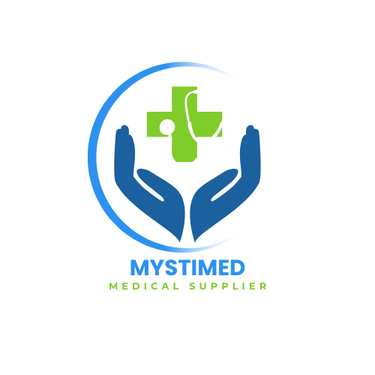Understanding Bioequivalence: The Key to Generic Medications


What is Bioequivalence?
Bioequivalence is a crucial concept in the pharmaceutical world, especially when it comes to generic drugs. In simple terms, bioequivalence refers to the property of two drugs—typically a brand-name and its generic equivalent—in which they result in equivalent levels of active drug in the bloodstream after administration. This is fundamental because it ensures that patients receive the same therapeutic effects from both formulations.
The Importance of Bioequivalence for Generic Drugs
The significance of bioequivalence cannot be overstated. When a generic drug is proven to be bioequivalent to its brand-name counterpart, it means that it can be used interchangeably with the branded drug, providing the same clinical benefit. This capability is vital for several reasons:
- Cost-Effectiveness: Generic drugs are typically less expensive than their branded counterparts, which can lead to significant savings for patients and healthcare systems.
- Access to Medications: By allowing the availability of a variety of formulations, bioequivalence fosters more options for patients and improves access to necessary medications.
- Maintaining Standards: Regulatory bodies, such as the FDA, mandate stringent bioequivalence testing to ensure that generics meet safety and efficacy standards. This protects patient health and maintains trust in pharmaceutical products.
The Process Behind Establishing Bioequivalence
To establish bioequivalence, manufacturers are required to conduct studies that measure the pharmacokinetics of the generic drug compared to the brand-name formulation. These studies involve healthy volunteers and are designed to assess how quickly and to what extent the active ingredients are absorbed into the bloodstream. The results are analyzed through statistical methods to confirm that the differences in absorption rates fall within acceptable parameters set by regulatory authorities.
It is worth noting that bioequivalence does not mean that the generic and brand-name drugs are identical in all aspects. They may differ in inactive ingredients, appearance, or manufacturing processes. However, the essential aspect—the therapeutic effect—remains consistent, ensuring that patients can rely on their medications effectively.
In conclusion, bioequivalence plays a critical role in the realm of medications, particularly for generics. It guarantees that both healthcare providers and patients can trust that generics are just as effective as their brand-name counterparts, paving the way for a more cost-effective and accessible healthcare system. As the pharmaceutical landscape continues to evolve, understanding bioequivalence will remain essential in ensuring safe and effective patient care.
